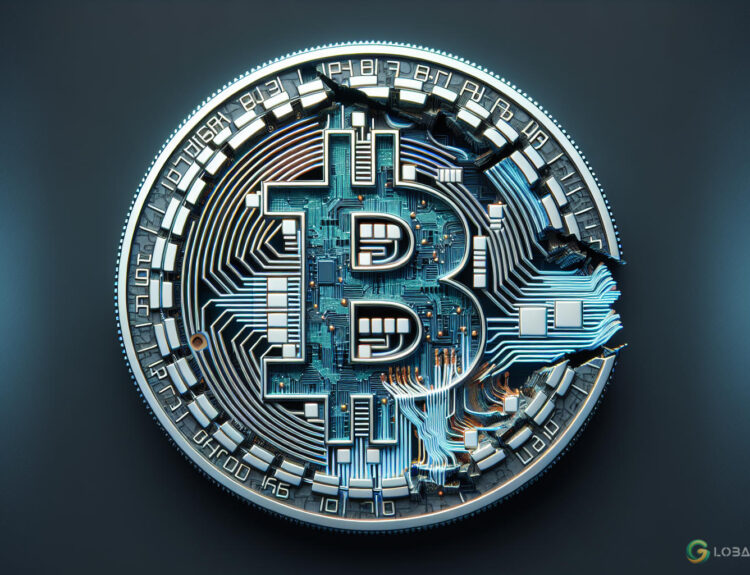Mining has been officially legalized in Russia, while the U.S. is preparing to become the crypto capital of the world. What’s happening between these two countries in the crypto arena?
On Aug. 8, Russian President Vladimir Putin signed a law allowing the legalization of crypto mining. Except for specific paragraphs, the document will come into force on Nov. 1. Additionally, the president signed a law allowing foreign trade settlements and exchange trading in crypto as experimental legal regimes starting Sep. 1.
What does this mean for the industry?
The new law will lead to the emergence of major crypto players, giving existing ones the opportunity to legalize income by working officially. There’s a lack of understanding of the specific conditions miners face, creating particular turbulence.
However, the development of mining can positively impact the inflow of investments into highly developed sectors of the Russian economy. With this law, Russia is officially joining the race of industry leaders.
The U.S. is closely monitoring Russia’s attempts to use cryptocurrencies
Amid tightening sanctions since 2022, Russian businesses are experiencing severe problems with payments for foreign trade transactions. In this regard, the country has raised the issue of using digital currencies.
In 2023, Central Bank Chair Elvira Nabiullina allowed the use of cryptocurrency in external settlements as an experiment. In March 2024, Putin signed a law on using digital financial assets.
Two large Russian metallurgical companies began using the Tether stablecoin and other cryptocurrencies for settlements, mainly with Chinese clients and suppliers, at the end of May. This move underscores the lasting effect international restrictions in response to the war have had on Russia’s economy.
“The United States is monitoring Russia’s attempts to pay with cryptocurrency as traditional settlements become more complicated due to tightening Western sanctions,” said Treasury Secretary Janet Yellen.
She noted that the U.S. does not think Russia is actively using cryptocurrencies, but this is becoming a cause for concern as American sanctions increase.
The U.S. tightens regulations, crypto community waits for Trump
The current administration of U.S. President Joe Biden has been known for its strict stance towards the crypto industry. During Biden’s term, the Securities and Exchange Commission (SEC) applied harsh measures against crypto companies in numerous lawsuits.
However, with the growing importance of the crypto community and the approaching U.S. presidential elections, politicians have dramatically changed their attitude towards crypto.
Presidential candidate Donald Trump has declared his full support for the crypto industry. If Trump keeps his campaign promises, the U.S. could see a boom in digital assets if he wins.
How the U.S. is joining the crypto race?
Trump promises to make the U.S. the “crypto capital” of the world. He contrasted the Republican Party’s growing support for crypto with the “hard-line approach” to regulation typical of Biden’s administration.
“If Bitcoin is going to the Moon — as we say — it’s going to the Moon, I want America to be the nation that leads the way,” Trump said.
He also promised to dismantle Biden and Vice President Kamala Harris’ anti-crypto measures and fire the SEC chair “on day one” after taking office.
This stance marks a significant shift from his previous position. In 2019, Trump criticized Bitcoin and other cryptocurrencies, calling BTC a scam and noting it competes with the dollar.
Russia and the U.S. continue to compete in new areas
The rivalry between the U.S. and Russia has a long history, dating back to World War II and the Cold War. Another significant area of competition was space exploration, with the U.S. and Russia each achieving significant milestones.
Now, with the development of the crypto industry, a new area of confrontation has emerged. Both countries are on the path to becoming crypto-friendly jurisdictions.
In the U.S., crypto is legal and recognized as a freely convertible currency. Companies providing Bitcoin exchange services or processing crypto transactions operate within a legal framework, though they face challenges due to unclear regulations.
In Russia, despite active use of crypto, mining, and digital assets, these have only recently been legalized. A law allows crypto to be interpreted as a type of digital currency, prohibiting its use for payments but allowing it as an investment object.
Who will win?
The U.S. and Russia are focusing on cryptocurrencies for different reasons. In America, authorities’ interest is driven by upcoming elections and the fight for votes, while in Russia, cryptocurrency is a necessary tool against sanctions and for budget replenishment.
Both countries still need to achieve a final victory in the crypto race: they face a lack of sufficient regulation in this industry.
For more updates on the cryptocurrency landscape, stay tuned to Global Crypto News.























